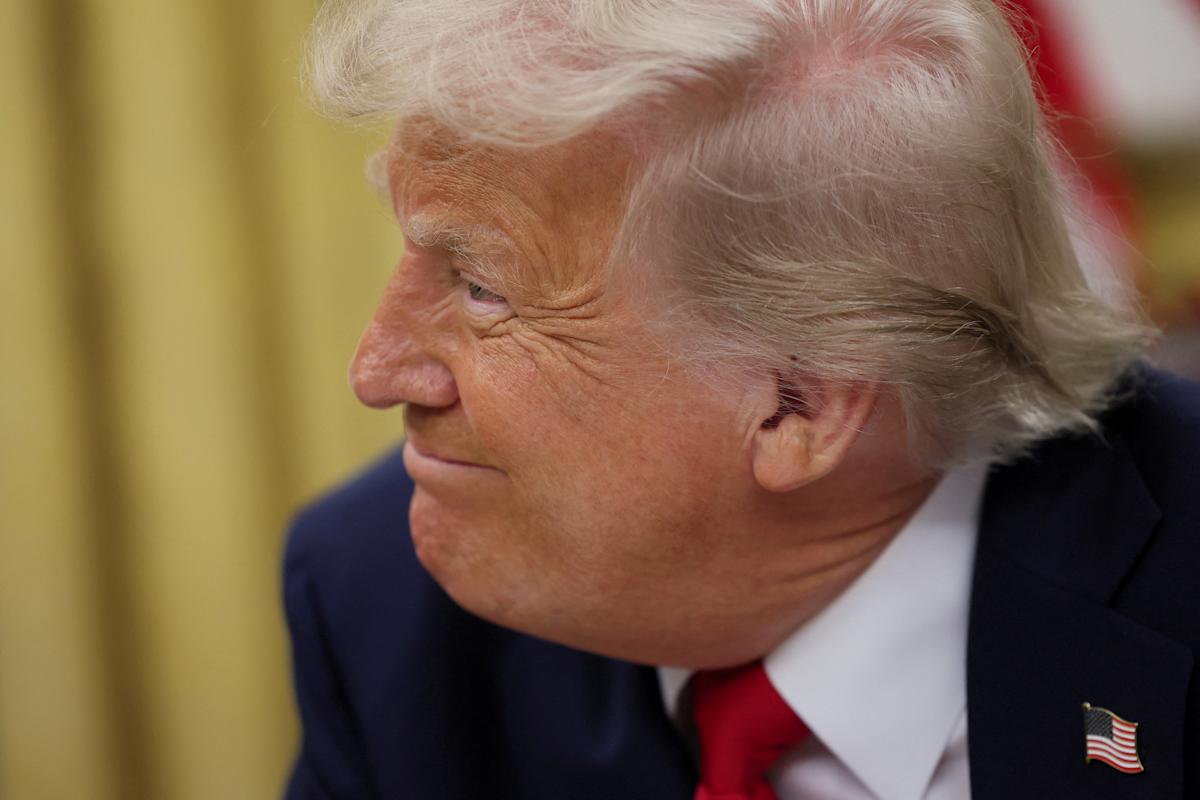Fiscal Finesse: Uruguay's Money Chief Opts for Scalpel Over Chainsaw in Tax Strategy

Uruguay's newly elected left-wing government is taking a proactive approach to fiscal management, with Finance Minister Gabriel Oddone revealing a strategic plan to tackle the country's budget deficit. By implementing targeted tax increases early in their term, the administration aims to create financial stability while avoiding more politically sensitive measures like deep spending cuts or additional future levies.
The government's approach demonstrates a pragmatic economic strategy, seeking to address fiscal challenges head-on and minimize potential public backlash. By choosing to implement tax adjustments upfront, the administration hopes to create a more predictable and transparent financial path forward for the nation.
Minister Oddone emphasized that these initial tax increases are designed to provide a sustainable solution to Uruguay's current economic challenges, positioning the country for more stable financial growth in the coming years. The move reflects a careful balance between fiscal responsibility and political considerations, showcasing the government's commitment to responsible economic management.








